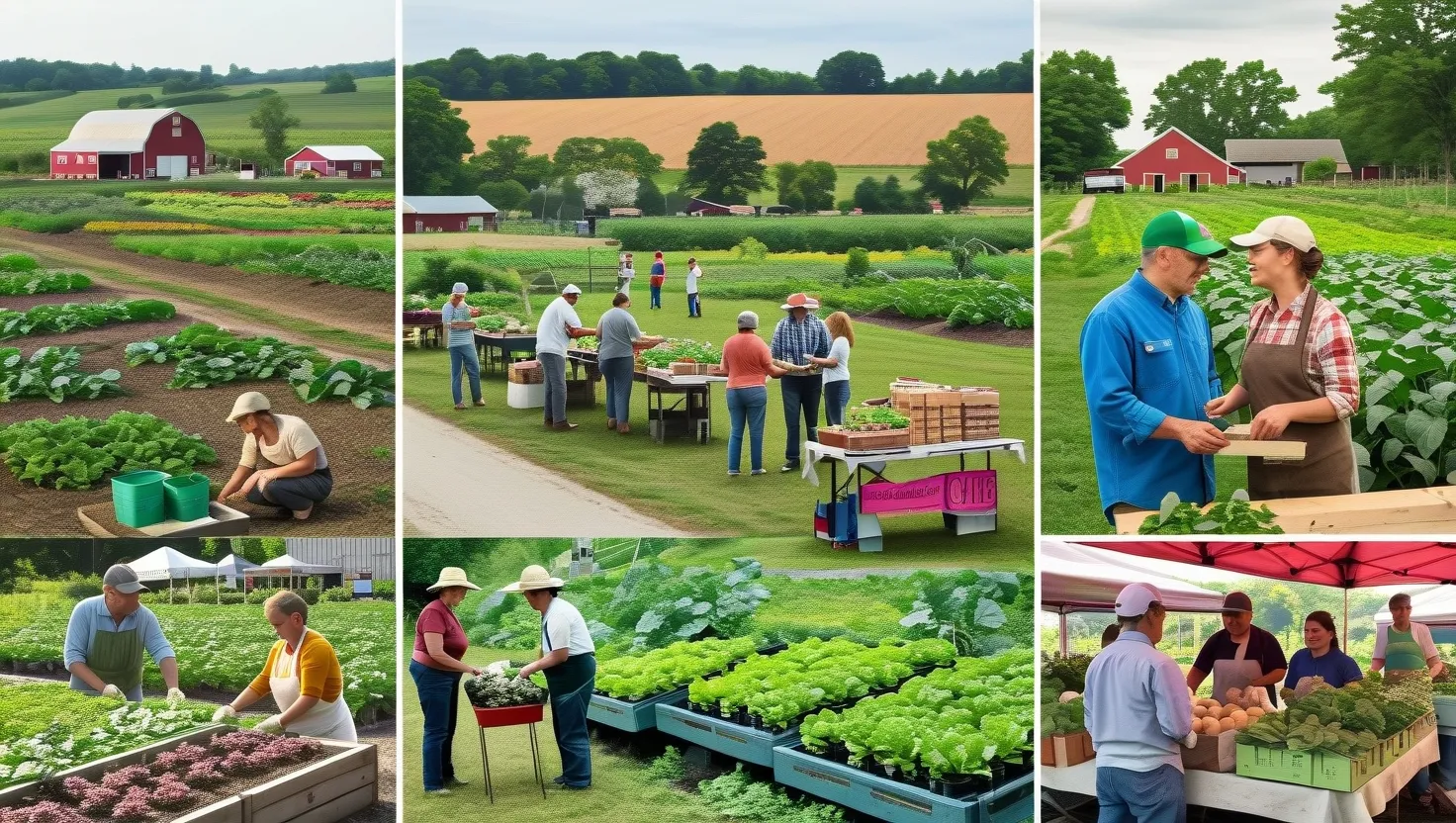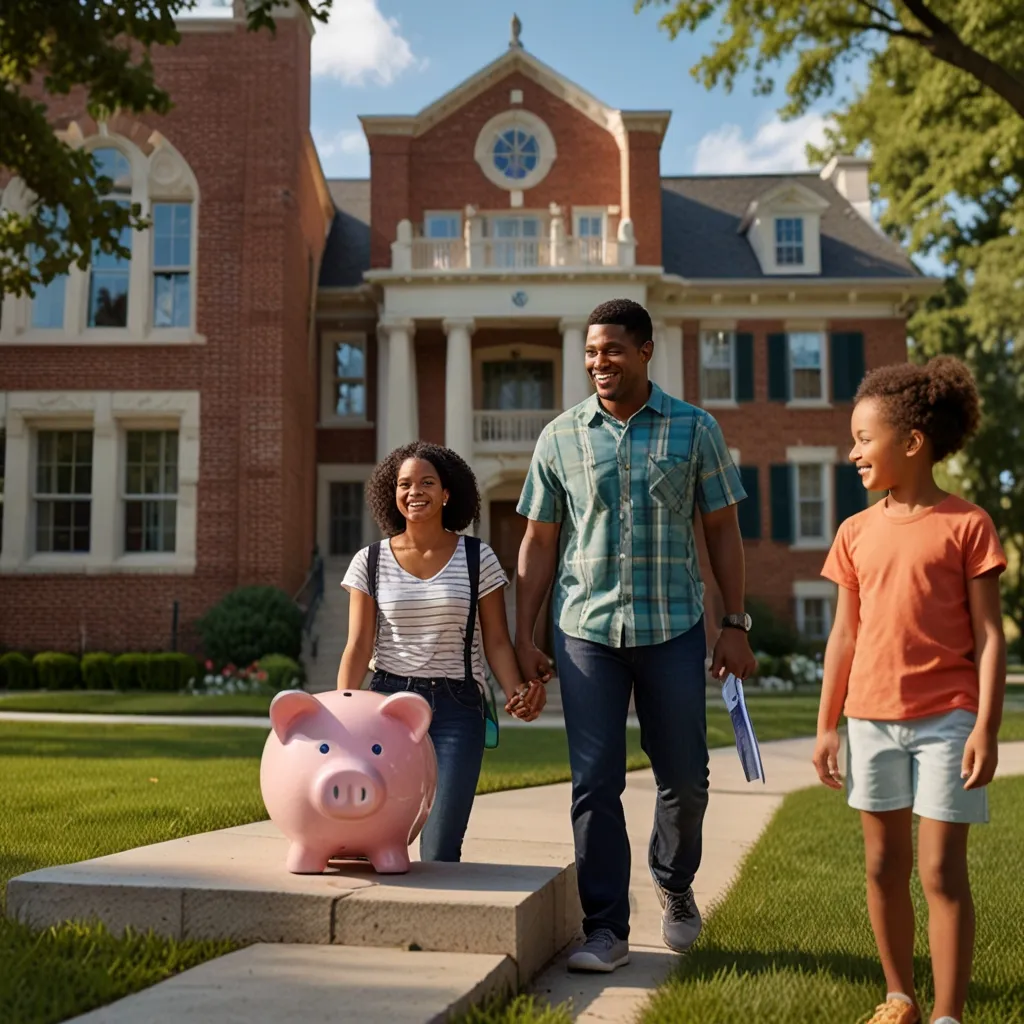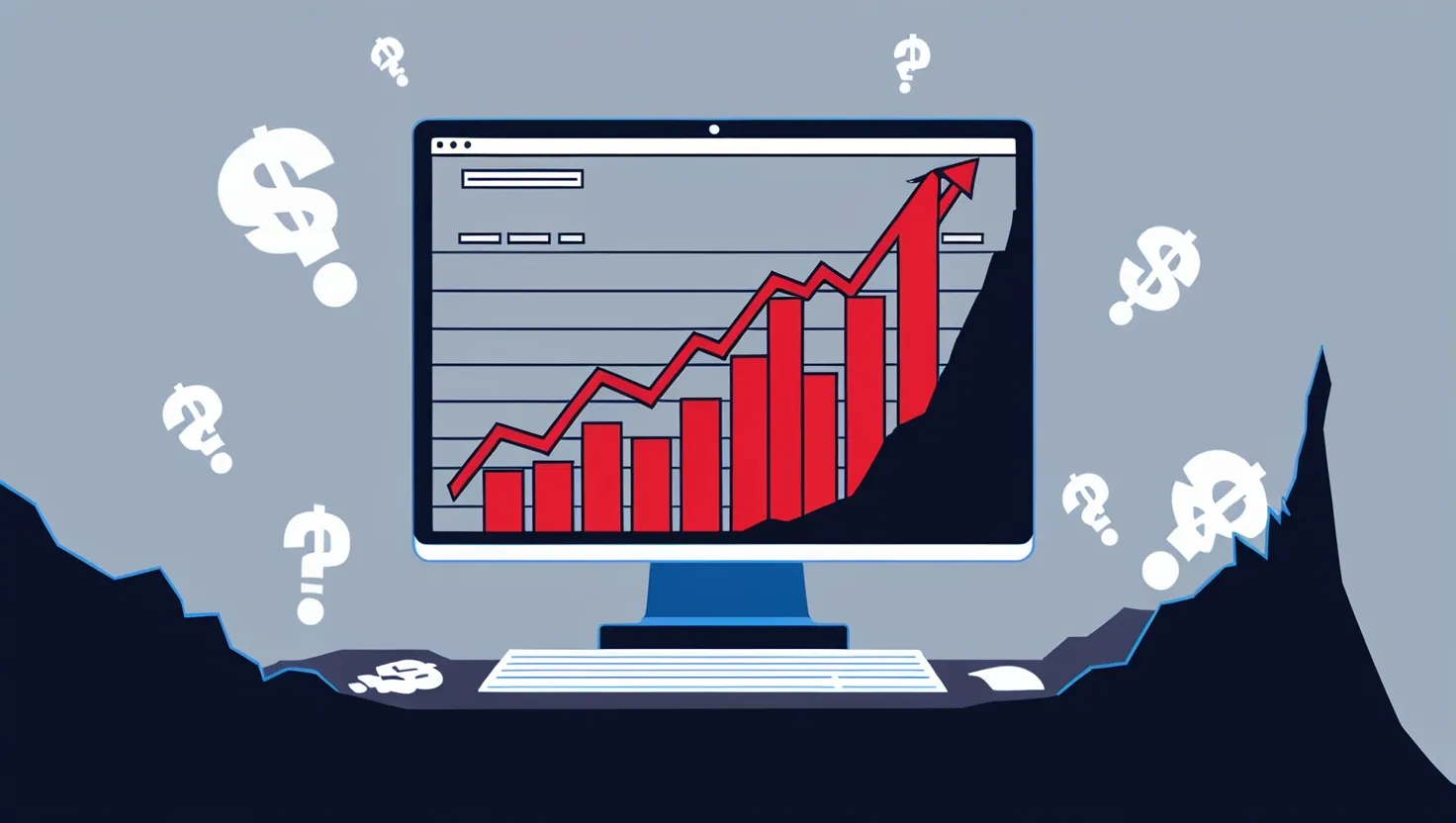In an era dominated by industrial agriculture and fast-paced financial markets, a quiet revolution is underway, one that seeks to redefine how we invest in and interact with our food systems. This movement, known as Slow Money, is a grassroots effort that aims to redirect capital towards local, small-scale, and sustainable food enterprises.
At its core, Slow Money is about reconnecting people with the source of their food. It’s a response to the impersonal and often destructive nature of industrial agriculture, which prioritizes efficiency and profit over sustainability and community well-being. The concept, inspired by the Slow Food Movement, was pioneered by Woody Tasch, who envisioned a world where investments are made not just for financial returns, but also for their impact on local communities and the environment.
The Birth of a Movement
Slow Money began taking shape in 2010, with the formation of the Slow Money Institute. This non-profit organization set out to create a network of local groups across the United States, each dedicated to investing in their local food systems. Today, there are 27 such groups, including local networks and investment clubs, spread across the country.
These local groups operate in diverse and innovative ways. For instance, the 2Forks club in Colorado offers 0% loans to local farmers and food producers. Members of the club pool their resources and collectively decide how to allocate the funds based on the potential impact on the local food economy. This approach not only provides financial support but also fosters a sense of community and shared responsibility.
Challenging Conventional Investing
Slow Money challenges the conventional wisdom of investing by prioritizing non-financial returns alongside financial gains. This means that investors are not just looking for high returns; they are also interested in the social and environmental benefits of their investments. For example, a loan to a local organic farm might not yield the highest interest rate, but it contributes to the health of the local ecosystem, supports local jobs, and ensures that fresh, sustainable produce is available to the community.
This approach is a stark contrast to the fast-paced world of venture capital, where investments are often made with a focus on quick profits and scalability. Slow Money, on the other hand, is about patience and long-term commitment. It’s about recognizing that the health of our food systems is intricately linked to the health of our communities and the environment.
Promoting Food Security
One of the key goals of Slow Money is to promote food security by supporting small-scale farmers and local food businesses. In an age where industrial agriculture dominates the market, small farmers often struggle to compete. Slow Money provides them with the financial support and resources they need to thrive.
For instance, Slow Money NYC has been instrumental in catalyzing investments in BIPOC (Black, Indigenous, and People of Color) food and farm businesses. This not only helps in diversifying the local food economy but also addresses historical inequalities in access to capital and resources.
Rebuilding Local Food Systems
Rebuilding local food systems is at the heart of the Slow Money movement. This involves more than just investing in farms; it means creating an entire ecosystem that supports local food production, processing, and distribution. Slow Money SLO, based in San Luis Obispo County, California, is a prime example of this. They offer small business coaching, lending facilitation, and even support for Farm to School programs, all aimed at sustaining and growing the local food economy.
Community Engagement and Education
Slow Money is not just about investing; it’s also about community engagement and education. Local events, such as pitch fests and on-farm meetings, bring together investors, farmers, and consumers. These gatherings serve as platforms for sharing knowledge, building relationships, and inspiring action.
In New York City, Slow Money NYC hosts various events, including gatherings at Hot Bread Kitchen at Chelsea Market. These events are designed to build community, spark dialogue, and inspire action at the nexus of food and funding. They provide a space where entrepreneurs, investors, and consumers can come together to discuss the future of local food systems.
Global Implications
The Slow Money movement is not confined to the United States; it has global implications and inspirations. The concept has resonated with communities around the world who are seeking to reclaim their food systems from the grip of industrial agriculture.
In England’s West Country, for example, the Wessex Reinvestment Society was formed to channel local money into local community projects, including sustainable food enterprises. This initiative not only provides financial support to small businesses but also gives locals a sense of ownership and connection to their community projects.
Personal Touches and Stories
For many involved in the Slow Money movement, it’s a personal journey as much as it is a financial one. I recall attending a Slow Money event in Colorado where a young farmer presented her pitch for an organic farm. Her passion and dedication were palpable, and the room was filled with a sense of community and support. It was clear that this was not just about investing in a business; it was about investing in a person and a vision for a more sustainable future.
In another instance, I met a member of Slow Money NYC who had invested in a local cooperative that sold organic produce. He spoke about how this investment had not only provided a financial return but had also given him a deeper connection to his community and a sense of pride in supporting local farmers.
Conclusion
The Slow Money movement is a beacon of hope in a world where financial transactions often feel impersonal and detached from real-world impacts. By investing in local food systems, we are not just supporting small businesses; we are rebuilding communities, promoting food security, and creating a more sustainable future.
As we navigate the complexities of global finance and industrial agriculture, the Slow Money movement reminds us that there is another way—a way that values patience, community, and the health of our planet. It’s a call to action, inviting us to rethink how we invest and interact with our food systems, and to join a movement that is changing the world, one local investment at a time.






